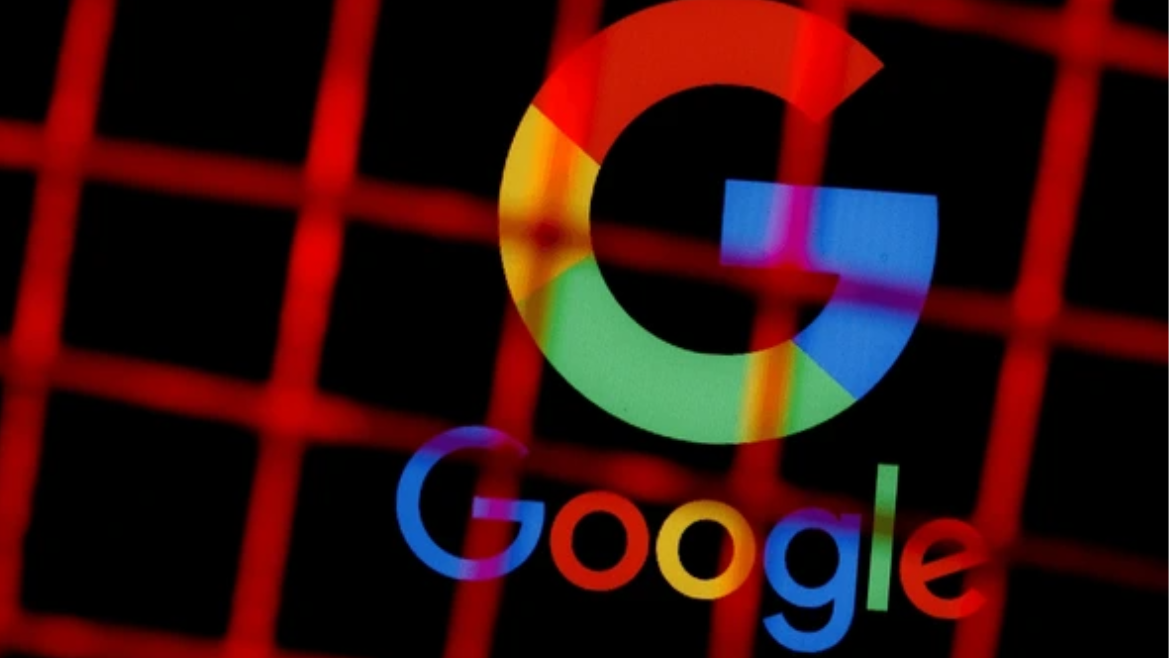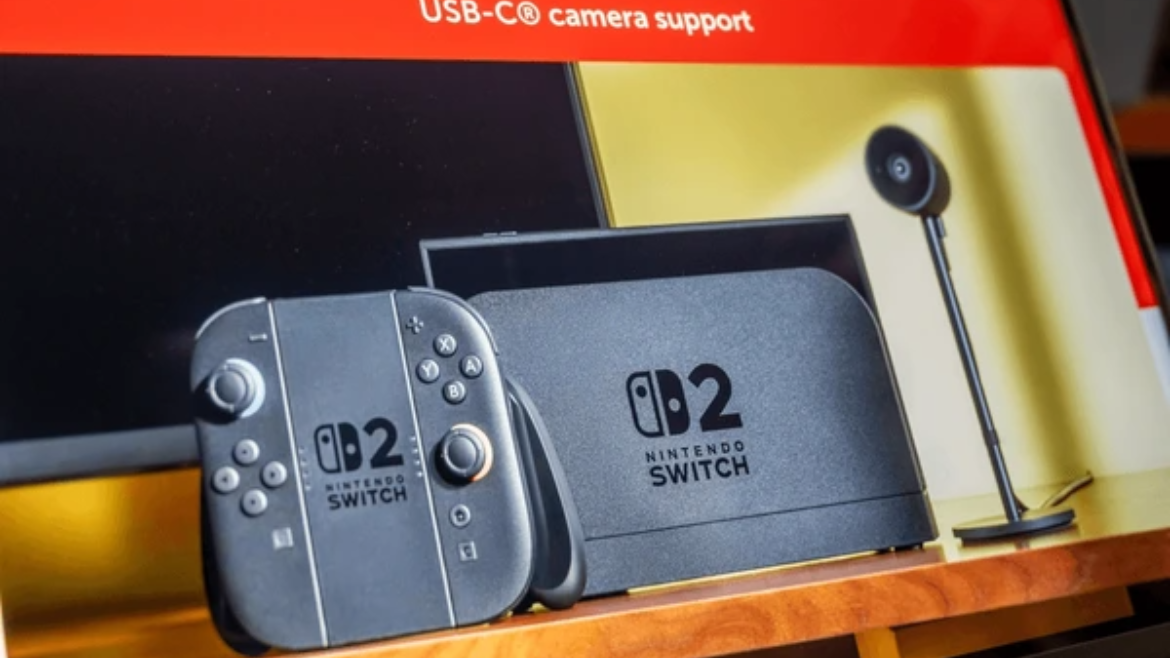Introduction
In June 2025, Britain’s Competition and Markets Authority (CMA) took a decisive step toward reshaping the digital landscape by launching a consultation on whether to designate Google with “strategic market status” (SMS) under the new Digital Markets Competition and Consumers Act. This landmark move could empower UK users to select their preferred search engine via mandatory choice screens and compel Google to adopt fairer ranking practices. As Google awaits the watchdog’s decision, this blog post explores the background, proposed measures, market context, potential impacts for users and businesses, and frequently asked questions about this pivotal development.
Google’s Dominance in the UK Search Market
For years, Google has been the undisputed leader in general web search in the United Kingdom. According to data from Statcounter, Google commanded 93.39 percent of the UK’s search engine market share in May 2025, with Bing at 3.95 percent, Yahoo! at 1.40 percent, DuckDuckGo at 0.68 percent, Ecosia at 0.24 percent, and Yandex at 0.22 percent. This level of dominance grants Google significant influence over how millions of UK users access information online and how over 200,000 UK businesses connect with customers through search advertising.
Such overwhelming market control has driven concerns that Google can unilaterally alter ranking algorithms, adjust how results are presented, and maintain high advertising costs that competitors cannot match. UK firms collectively spent more than £10 billion on Google Search advertising last year, averaging about £33,000 per advertiser, a figure the CMA argues is higher than should occur in a competitive market.
The Digital Markets Competition and Consumers Act
The Digital Markets Competition and Consumers Act came into force in January 2025, granting the CMA enhanced powers to intervene directly in markets deemed critical for competition. Modelled in part on the European Union’s Digital Markets Act, this legislation enables the CMA to designate firms with substantial market influence as SMS and impose behavioural obligations without first having to establish anticompetitive conduct. The objective is to ensure fairer, more transparent digital markets that benefit UK consumers and businesses alike.
CMA’s Consultation on Google’s Strategic Market Status
On 24 June 2025, the CMA published its consultation document proposing to designate Google with strategic market status in both general search and search advertising. This initial consultation marks the first major enforcement of the UK’s new digital market regime and will run for one month, closing on 24 July 2025. A final designation decision is due by 13 October 2025, after which the CMA could require Google to implement specific interventions to strengthen competition and deliver better outcomes.
Sarah Cardell, Chief Executive of the CMA, emphasized that while Google Search has “delivered tremendous benefits,” the regulator’s investigation suggests there are ways to make search markets more open, competitive, and innovative. The CMA’s roadmap outlines how interventions would be prioritised during the first half of any designation period, ensuring timely action to unlock growth and innovation in the UK tech sector.
Proposed Interventions to Enhance User Choice
Should Google be designated as SMS, the CMA has identified a suite of “priority measures” to empower users and boost competition:
1. Mandatory Choice Screens
Users of key Google products such as the Chrome browser and Android operating system would see a choice screen prompting them to select their default search service. With a single tap or click, UK users could switch from Google Search to rival services including Bing, DuckDuckGo, Ecosia, or any other compliant alternative.
2. Fair Ranking Principles
Google would be bound by legally enforceable rules to rank search results fairly and non-discriminatorily. Businesses that believe they have been unfairly demoted would have access to an expedited complaints channel, ensuring swift remedies for ranking disputes.
3. Publisher Controls on Content Usage
Publishers would gain greater transparency and control over how their content—such as articles, images, and metadata—is collected, indexed, and used in Google Search, AI Overviews, and AI Assistant responses. This measure would help news organisations and content creators negotiate fairer terms for their intellectual property.
4. Data Portability for Users
People would have the right to transfer their personal search data, including search history, to competing services. Enhanced data portability could help new entrants build richer user profiles and offer personalised experiences that rival Google’s offerings.
Beyond these initial measures, the CMA is also considering longer-term interventions covering Google’s default deals with handset makers, greater transparency in ad-tech, and payments to news organisations—actions that could follow once the first tranche of obligations is firmly established.
The Alternative Search Engine Landscape
Although Google’s market share exceeds 90 percent, several alternative search engines are available in the UK, each with distinct features and value propositions:
1. Bing
Microsoft’s search engine retains the second-largest share in the UK, around 3.95 percent. Bing differentiates itself with unique rewards programs and tight integration with Windows and Microsoft Office.
2. Yahoo!
Once a dominant force, Yahoo! now commands about 1.40 percent of UK search queries. Yahoo! combines search with a broad content portal featuring news, finance, and sports coverage.
3. DuckDuckGo
Known for its privacy-first approach, DuckDuckGo does not track users’ search history or behaviour. It holds roughly 0.68 percent of the UK market.
4. Ecosia
This environmentally-focused search engine uses ad revenue to fund tree planting worldwide. Ecosia captures around 0.24 percent of UK searches.
5. Yandex
Russia’s leading search engine has struggled to attract UK users, with just 0.22 percent market share.
Emerging AI-powered assistants and niche players may also compete in a post-SMS environment, with expanded data portability helping them build compelling alternatives to Google’s search interface.
Google’s Response to the CMA’s Proposal
Google has acknowledged the CMA’s consultation, stressing that “strategic market status” does not imply wrongdoing. Google’s senior director of competition, Oliver Bethell, warned that the proposed changes “could have significant implications for businesses and consumers in the UK” and pledged to engage constructively with the CMA’s process.
In an official blog post, Google expressed concerns that mandatory choice screens and binding ranking rules “could lead to confusion for users” or fragment the search experience. However, the company also affirmed its commitment to ensuring “open, fair, and transparent” search services across all markets.
Potential Benefits for Users and Businesses
By requiring choice screens and fairer practices, the CMA aims to deliver multiple advantages:
1. Enhanced Consumer Control
Individuals gain the freedom to explore alternative search engines, fostering innovation in search interfaces, privacy features, and AI-driven results.
2. Lower Advertising Costs
Increased competition could pressure Google to reduce ad rates, benefiting UK businesses that rely on search advertising to reach customers.
3. Greater Transparency
Binding ranking rules and expedited complaints mechanisms would help businesses understand and challenge any sudden demotions in search visibility.
4. Innovation Incentives
New entrants and smaller search providers could invest confidently in novel features—such as specialised voice assistants or privacy-centric tools—knowing they can compete on an even playing field.
These outcomes align with the CMA’s objectives of delivering “good outcomes for consumers and businesses” and “unlocking broader growth, investment and innovation in the UK tech sector”.
Timeline and Next Steps
The CMA’s consultation on Google’s strategic market status closes on 24 July 2025. Interested stakeholders—including search providers, publishers, advertisers, and consumer groups—are invited to submit evidence and feedback. A final decision on designation will be published by 13 October 2025. If Google is designated, the CMA expects to consult on the first set of binding interventions shortly thereafter and to begin enforcing measures in early 2026.
Conclusion
The CMA’s decision on whether to designate Google with strategic market status represents a critical juncture for UK digital markets. By potentially mandating choice screens, enforcing fair-ranking rules, granting publishers greater control, and enabling data portability, the CMA seeks to foster competition, innovation, and better outcomes for both consumers and businesses. As Google awaits the October 2025 decision, UK users may soon enjoy unprecedented freedom to choose the search engine that best suits their needs—ushering in a new era of choice and diversity in online search.
Frequently Asked Questions
What is “strategic market status” (SMS)?
Strategic market status is a legal designation under the UK’s Digital Markets Competition and Consumers Act for companies with a dominant position in a critical digital market. SMS allows the CMA to impose behavioural rules without first proving anticompetitive behaviour.
Why is the CMA targeting Google?
The CMA’s investigation suggests Google’s dominance—over 90 percent market share—limits competition, inflates advertising costs, and reduces innovation in UK search markets.
What will choice screens look like?
Choice screens would appear when users first launch Chrome or Android devices in the UK, offering a list of pre-vetted search engines. Users can tap to select or switch their default search provider with minimal friction.
Which search engines will be included?
Alongside Google, the choice screen could feature Bing, Yahoo!, DuckDuckGo, Ecosia, and other compliant services that meet the CMA’s interoperability and transparency requirements.
How will fair ranking work?
Google would be required to rank results based on clear, non-discriminatory criteria. Businesses could lodge complaints through an expedited channel if they suspect their site has been unfairly demoted.
What is data portability in this context?
Data portability would allow users to transfer their search history, preferences, and personalised settings from Google to other search providers, helping rivals quickly offer tailored experiences.
When will changes take effect?
If Google is designated SMS by October 2025, initial measures like choice screens and fair-ranking rules could be enforced as early as Q1 2026. Further interventions may follow later in 2026.
How will this affect everyday users?
For most users, the choice screen will present new options the first time they open Chrome or set up an Android device. Thereafter, switching engines will be as simple as a single tap, with no compromise in speed or relevance.
What should SEO professionals do now?
Marketers should monitor the consultation’s outcome, experiment with alternative search platforms, and stay informed about new ranking guidelines. Diversifying search marketing spend and building versatile SEO strategies will mitigate risks associated with Google-only approaches.
Disclaimer
Created with the synergy of AI innovation and thorough research, this article is intended to offer clear, accurate, and actionable insights. Each point has been double-checked to ensure it adds genuine value to your knowledge base. Our mission is to guide you with reliable, easy-to-understand information.
Enjoy your reading experience and continue exploring new ideas!













15 Comments
Maya Eleanor
3 days agoPatsy Beyer
2 weeks agoZora Driver
1 month agognoxbnqofq
1 month agoAlbertina
2 months agoShavonne Hopwood
2 months agoyIVQYxrNOLYeLLBQKJNwHd
2 months agoMellissa Sharrow
3 months agoJessie Tran
3 months agoLucy Charlesworth
3 months agotzocsgccvf
4 months agoEllie Robles
4 months agoDuaneseiff
7 months agoDuaneseiff
7 months agoWilliamInduh
8 months ago